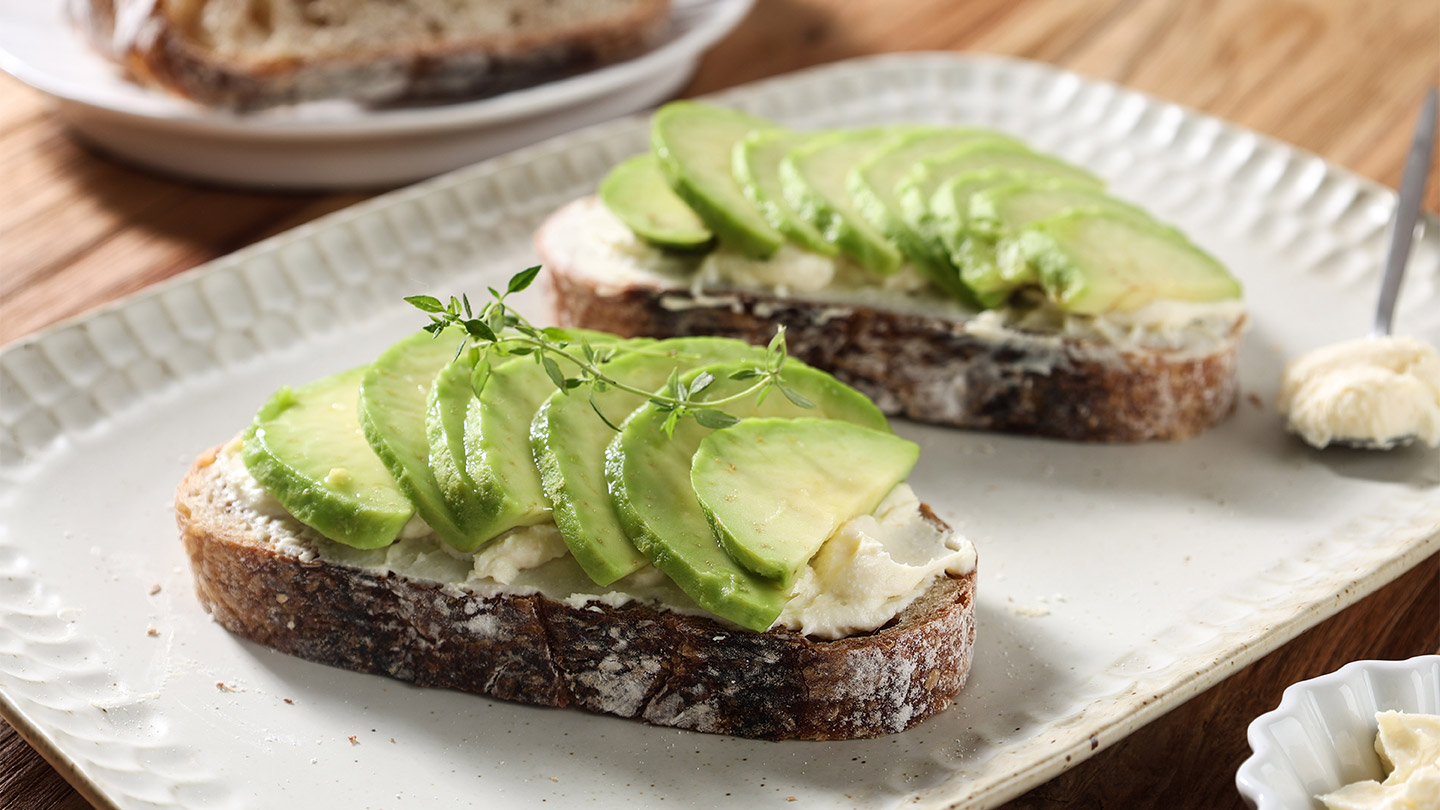Nutrition
The Right Nutrition For Hepatitis
Discover how the right nutrition can support liver healing, reduce inflammation, and improve outcomes in hepatitis.
.jpg)
Observed annually on 28 July, World Hepatitis Day aims to raise awareness about hepatitis types A, B, C, D, and E. The 2025 theme, “Hepatitis: Let’s Break It Down,” calls for dismantling stigma, improving access to vaccination, testing, and timely treatment: integration vital to eliminating hepatitis worldwide by 2030.
Hepatitis refers to inflammation of the liver, most commonly caused by viral infections. It can also result from toxins, certain medications, heavy alcohol use, or autoimmune diseases. Depending on the type and cause, hepatitis can be acute (short-term) or chronic (long-term), and may range from mild illness to severe liver damage, including cirrhosis or liver cancer.
Need all your wellness solutions in one place? A whole new world awaits just a click away.
Common Symptoms of Hepatitis:
- Fatigue
- Nausea or vomiting
- Abdominal pain (especially near the liver)
- Loss of appetite
- Jaundice (yellowing of the skin and eyes)
- Dark urine
- Pale stool
- Fever and joint pain (more common in hepatitis B)
Related story: Healing Your Liver: Fatty Liver 101
According to the World Health Organisation 2025 report, the development of chronic infection varies significantly with age. Infection acquired in infancy and early childhood (before the age of 5 years) leads to chronic hepatitis in about 95 per cent of cases. In contrast, infection acquired in adulthood results in chronic hepatitis in less than 5 per cent of cases. This highlights why strengthening and prioritising infant and childhood vaccination is crucial for prevention.
Related Story: Liver Damage: What Your Doctor Wants You To Know
Why Nutrition Matters for Hepatitis
Liver inflammation can happen due to viral infections like hepatitis B or C, metabolic issues like MASLD (Metabolic dysfunction–Associated Steatotic Liver Disease) or MASH (Metabolic dysfunction–Associated Steatohepatitis), or from alcohol use. These newer terms (MASLD and MASH) replace NAFLD and NASH to highlight that the real issue is often a metabolic problem, not just avoiding alcohol. When the liver is inflamed, it can lead to poor nutrition and a condition called sarcopenia, which means loss of muscle strength and size. This makes recovery harder. But with the right diet, liver health can improve, complications can be reduced, and overall well-being gets a boost.
Core Principles of Liver‑Friendly Nutrition
1. Adequate Calories & Protein
- Adults with cirrhosis or alcoholic hepatitis benefit from early nutritional support, oral or enteral feeds within 48 hours reduces in-hospital mortality by approximately 30 per cent, according to a 2025 study published by the American College of Gastroenterology.
- The same study also stated that incorporating a late‑evening snack should be incorporated in patients with cirrhosis to improve BMI, lean mass, and reduce ascites (Ascites is the medical term for the abnormal buildup of fluid in the abdomen. It often causes visible abdominal swelling and discomfort.)
- Frequent small meals and a late‑evening carbohydrate snack (~200 kcal between 7–10 pm) help maintain nitrogen balance and muscle mass
- Avoid protein restriction, even in hepatic encephalopathy. Instead, emphasise vegetable protein and consider branched‐chain amino acid (BCAA) supplementation to improve cognition and reduce mortality.
Related Story: 8 Common Monsoon Illnesses in India: Symptoms, Prevention, and When to Get Tested
2. Lean, Plant‑Based Proteins
Include fish, poultry, legumes, tofu, nuts, and low-fat dairy while limiting red and fatty meats and processed meats to reduce iron load and oxidative stress, especially important in hepatitis C and metabolic steatohepatitis, according to the Hepatitis B Foundation.
3. Whole Grains, Fruits & Vegetables
The American College of Gastroenterology highlights that a diet rich in whole grains, fruits, and vegetables, particularly cruciferous varieties, supports liver function by enhancing detoxification pathways. These foods provide fibre, antioxidants, and key micronutrients essential for overall liver health
Related Story: Everything You Need to Know About Hepatitis
4. Healthy Fats Only
Choose plant oils (olive, rapeseed), nuts, and seeds. Limit saturated and trans fats found in fried and ultra-processed foods, which exacerbate hepatic steatosis.
5. Micronutrients & Supplements
- Vitamin D: Commonly deficient in chronic liver disease. Supplementation may improve immunity and Child‑Pugh classification in cirrhosis
- Zinc: Replace when low, especially in encephalopathy or mucosal symptoms
- Vitamin E (800 IU/day): Beneficial in selected patients with metabolic steatohepatitis (MASH) without cirrhosis
6. Coffee in Moderation
According to the World Journal of Hepatology, drinking 2 or more cups of coffee a day is linked to slower liver fibrosis and a lower risk of liver cancer in people with chronic hepatitis B and C.
Related Story: Foods To Boost Your Immunity This Monsoon
Type-Specific Nutritional Considerations
Hepatitis B (HBV)
- Eat whole grains, fruits, vegetables, lean proteins, legumes, low-fat dairy, fish, nuts and seeds
- Avoid sugary drinks, processed foods, deep-fried fats, red meats, and undercooked shellfish
- Maintain hydration and small, frequent meals if you have an acute infection (with manifesting symptoms)
Hepatitis C (HCV) & MASLD / MASH
- Focus on low-fat, low-cholesterol diets to reduce steatosis and liver inflammation
- Mediterranean-style dietary patterns, moderate carbohydrate reduction, and exercise are effective in reversing inflammation and reducing liver fat, even without weight loss
- As per a 2025 article by the Physicians Committee for Responsible Medicine and Unbound Medicine, In people with Hepatitis C, liver damage can worsen due to excess iron and the oxidative stress it causes. Along with phlebotomy (removing blood to reduce iron), following a low-iron diet can help lower the risk of liver cancer. Foods high in iron include red meat, poultry, fish, shellfish, organ meats, and eggs
Alcohol‑Associated Hepatitis & Cirrhosis
- Alcohol avoidance is non-negotiable.
- Early malnutrition screening followed by nutrition therapy improves outcomes and reduces complications such as ascites, infection, and mortality.
- Avoiding high-sodium foods is essential to prevent or manage fluid retention and ascites, especially when cirrhosis is present.
Need all your wellness solutions in one place? A whole new world awaits just a click away.
Regular health checks are essential for everyone, but they are particularly important for individuals who are at risk of or already have any underlying condition. Taking regular health checks can help detect the condition at an early stage when it is easier to manage and treat. With the UR.Life HRA, we help you to invest in your well-being through seamless interventions and targeted medical treatments. Our holistic wellness approach caters to all aspects of your well-being. We ensure that you can bring your whole self to work.
With our medical professionals by your side, routine health check-ups will never be an issue. Advanced laboratory technologies back UR.Life’s Occupational Health Centers (OHC), and with highly qualified experts/technicians, we’re committed to delivering trusted and quality recommendations, modifications and advice to you.
EXPLORE MORE
Want to boost your liver health naturally? The secret lies not just in what you eat but how you pair it.
Feeling groggy when you wake up? A simple glass of water might be the secret to better energy, clearer thinking, glowing skin, and an even happier mood.
Turn mealtimes into playful adventures with these fun ways to help your kids build healthy eating habits.
Shedding kilos doesn’t have to be about restriction and sacrifice: follow the 30-30-30 method and discover how to enjoy all aspects of life while achieving your fitness goals.












